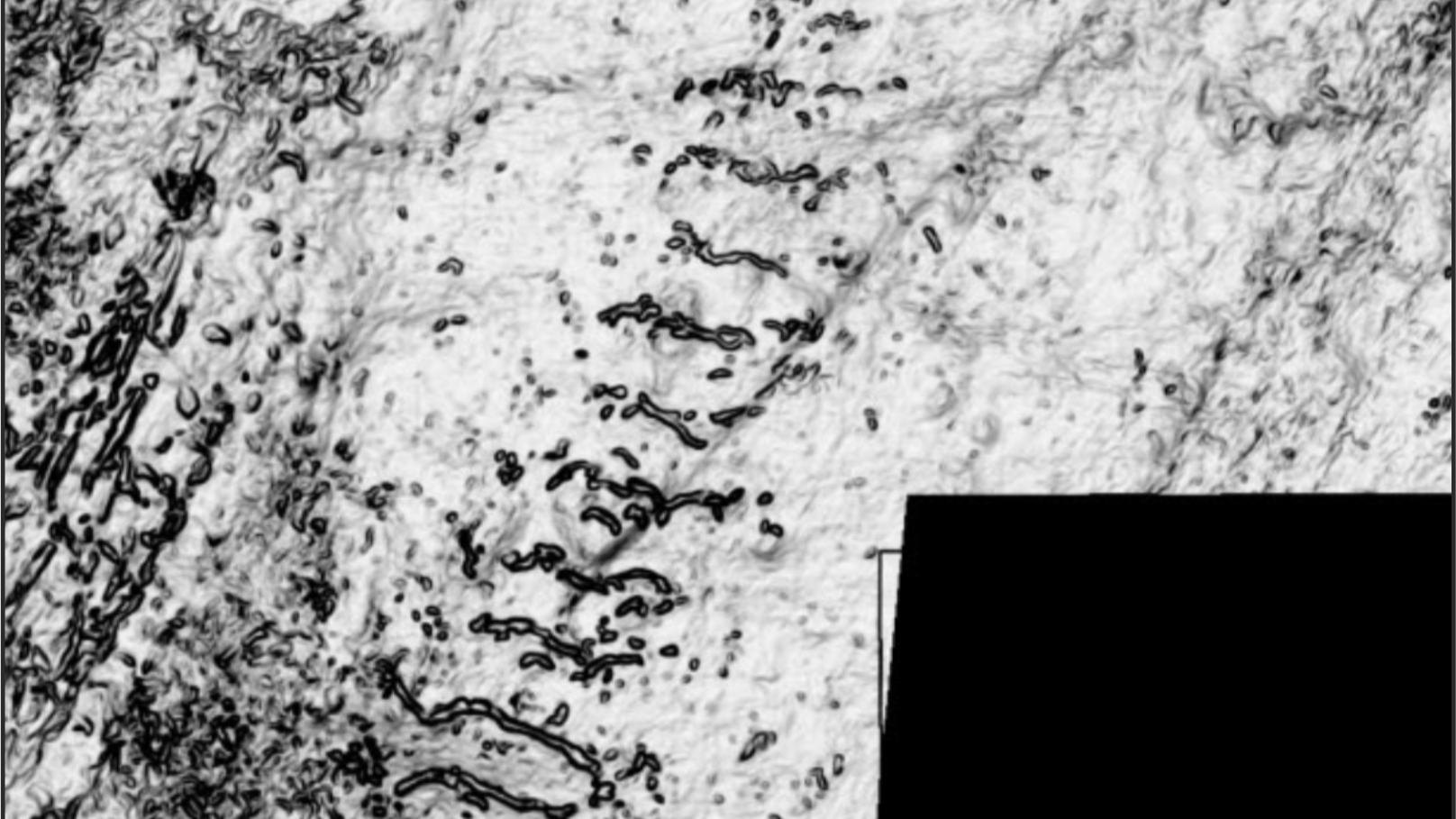Does Soy Lower Testosterone? Experts Distinguish Fact From Fiction
Soy is a complete protein with many health benefits, but some people question if soy is bad for males and what effects, if any, it has on testosterone. Here's the truth.

Soy is an excellent plant-based protein since it contains all essential amino acids, which is less common for non-animal foods. Plenty of studies have shown the health benefits of consuming soy, from a reduced risk of prostate cancer to powering muscle growth just as effectively as animal protein.
Soybeans are packed with protein, fiber, vitamins, and minerals and are low in saturated fat and cholesterol. You can also find soy milk and protein powder options everywhere, from coffee and smoothie shops to post-workout bars. But, some people believe soy can impact hormones, especially in men, and not for the better. If you've wondered why soy is bad for males and what effects, if any, it has on testosterone levels, you're not alone. Let's break it down.
Related: 100 Healthiest Foods With the Highest Protein
Is Soy Bad for Men?
Several years ago, studies suggesting that soy affects testosterone fueled the frenzy around the idea that soy is bad for males. However, many of these studies were flawed—from lacking control groups to focusing on a small number of test subjects to neglecting to collect crucial data. Plus, they were mostly done on animals other than humans.
According to Jason Kovac, MD, PhD, of the Men’s Center in Indianapolis, Indiana, “Soy proteins contain significant amounts of the phytoestrogen isoflavonoids that change to estrogenic substances with potential hormonal properties.” These isoflavones are plant compounds with a structure similar to estrogen, which caused concerns about their potential to disrupt hormonal balance in men. But the truth is, eating plant estrogens doesn’t mean your hormones will be thrown out of whack.
Research has effectively debunked this myth. Multiple meta-analyses, which combine data from numerous studies, have shown time and again that neither soy foods nor isoflavone supplements have any significant impact on testosterone levels in men.
Kovac highlights a meta-analysis published in Fertility and Sterility, which reviewed 15 placebo-controlled treatments and 32 reports. The results suggest that soy protein and isoflavones do not affect testosterone levels in men, regardless of age. Yet another expanded, newer meta-analysis in Reproductive Toxicology once again found no matter how much soy men eat or how long they eat it, it doesn't affect testosterone, free testosterone, estradiol (E2), or estrone (E1) hormone levels.
Related: The 25 Healthiest Foods You Can Buy for $5 or Less
Benefits of Soy for Men
Now that you can relax and enjoy a soy latte or shake without worrying that it'll rob you of your manhood, we thought you might also like to know the benefits.
Supports Muscle Growth
Soy protein is just as effective as animal protein for supporting muscle growth and strength gains in men who lift weights. Studies show that when men consume soy protein, they see similar gains in muscle mass and strength compared to those consuming whey protein.
Improves Heart Health
Soy is a source of health promoting phytochemicals like isoflavones, phytosterols, and lecithins, plus soluble fibers, saponins, and polysaccharides that protect against oxidative stress, weight gain, high cholesterol, high blood pressure, and renal dysfunction.
Soy protein might also be an ally against high LDL cholesterol levels, which pose a significant risk for heart disease. Studies suggest that getting 14 to 50 grams of soy protein each day can drop total blood cholesterol, LDL cholesterol, and triglycerides while boosting HDL ("good") cholesterol levels. It's also linked to a lower risk of strokes.
May Lower Prostate Cancer Risk
Some studies link soy consumption with a lower risk of prostate cancer. Interestingly, this effect is particularly strong in Asian populations, where soy often makes up a larger part of the diet.
The Bottom Line on Soy
“Men shouldn’t worry about consuming a regular diet of soy,” advises Kovac. For a variety of amino acids and nutrients, aim to get plant proteins from a variety of beans (including soybeans), lentils, quinoa, nuts, and seeds, or include a range of animal proteins if you eat them.
All that said, if you're still worried about low testosterone, the cause may not be your diet. See a urologist or endocrinologist who specializes in men’s health and get your levels tested.









![[DEALS] iScanner App: Lifetime Subscription (79% off) & Other Deals Up To 98% Off – Offers End Soon!](https://www.javacodegeeks.com/wp-content/uploads/2012/12/jcg-logo.jpg)

































































